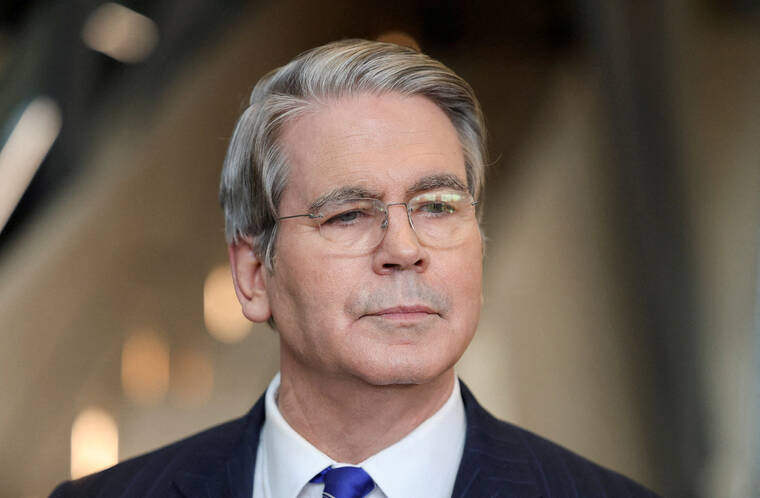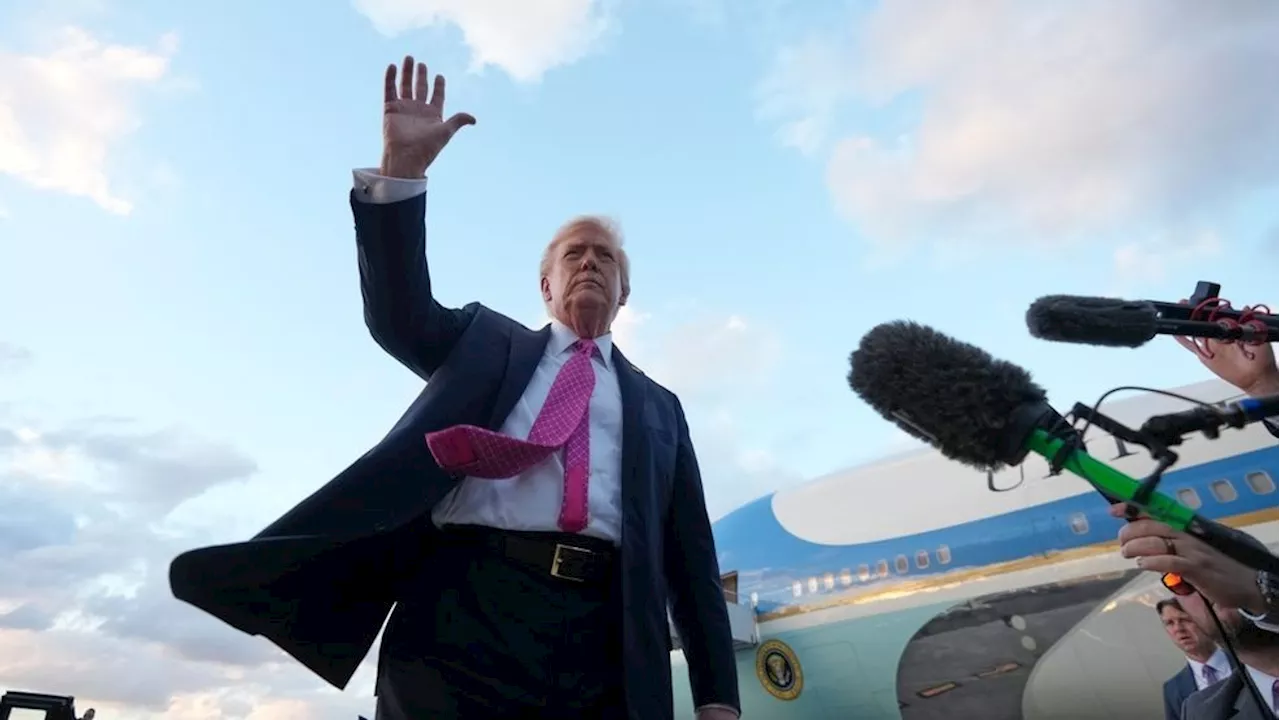U.S. Treasury Secretary Scott Bessent indicated that high interest rates may have already led parts of the U.S. economy, particularly the housing sector, into a recession. During an appearance on CNN’s “State of the Union” on October 1, 2023, he reiterated his call for the Federal Reserve to expedite rate cuts to mitigate the economic impact. Bessent stated, “I think that we are in good shape, but I think that there are sectors of the economy that are in recession.”
Despite a generally solid U.S. economy, Bessent highlighted that elevated mortgage rates are significantly hindering the real estate market. He emphasized that low-income consumers are most affected, as they tend to carry debts rather than assets. The National Association of Realtors reported that pending home sales in the United States remained flat in September, underscoring the challenges facing the housing market.
Bessent characterized the current economic environment as being in a transitional phase. His comments come after Federal Reserve Chair Jerome Powell suggested last week that the central bank may not implement further rate cuts at its December meeting. This stance has drawn sharp criticism from Bessent and other officials associated with the Trump administration.
In an interview with the New York Times published on September 30, 2023, Stephen Miran, a Federal Reserve Governor currently on leave from his role as Chairman of the White House Council of Economic Advisers, expressed concern that the Fed risks inducing a recession if it does not swiftly lower interest rates. Miran, who is set to return to his White House position in January, was one of two central bank governors who dissented from the decision to lower interest rates by 25 basis points, advocating instead for a cut of 50 basis points, or 0.5 percentage point.
“If you keep policy this tight for a long period of time, then you run the risk that monetary policy itself is inducing a recession,” Miran stated in the interview. He added, “I don’t see a reason to run that risk if I’m not concerned about inflation on the upside.”
Bessent echoed this sentiment, noting that cuts in government spending during the Trump administration have contributed to a reduction in the deficit-to-gross-domestic-product ratio from 6.4% to 5.9%. He believes this shift should help in lowering inflation. He urged that the Federal Reserve should continue lowering interest rates, stating, “If we are contracting spending, then I would think inflation would be dropping. If inflation is dropping, then the Fed should be cutting rates.”
As discussions about monetary policy continue, the economic outlook remains uncertain for both consumers and investors. The interplay between interest rates and economic activity will be crucial in shaping the trajectory of the U.S. economy in the coming months.







